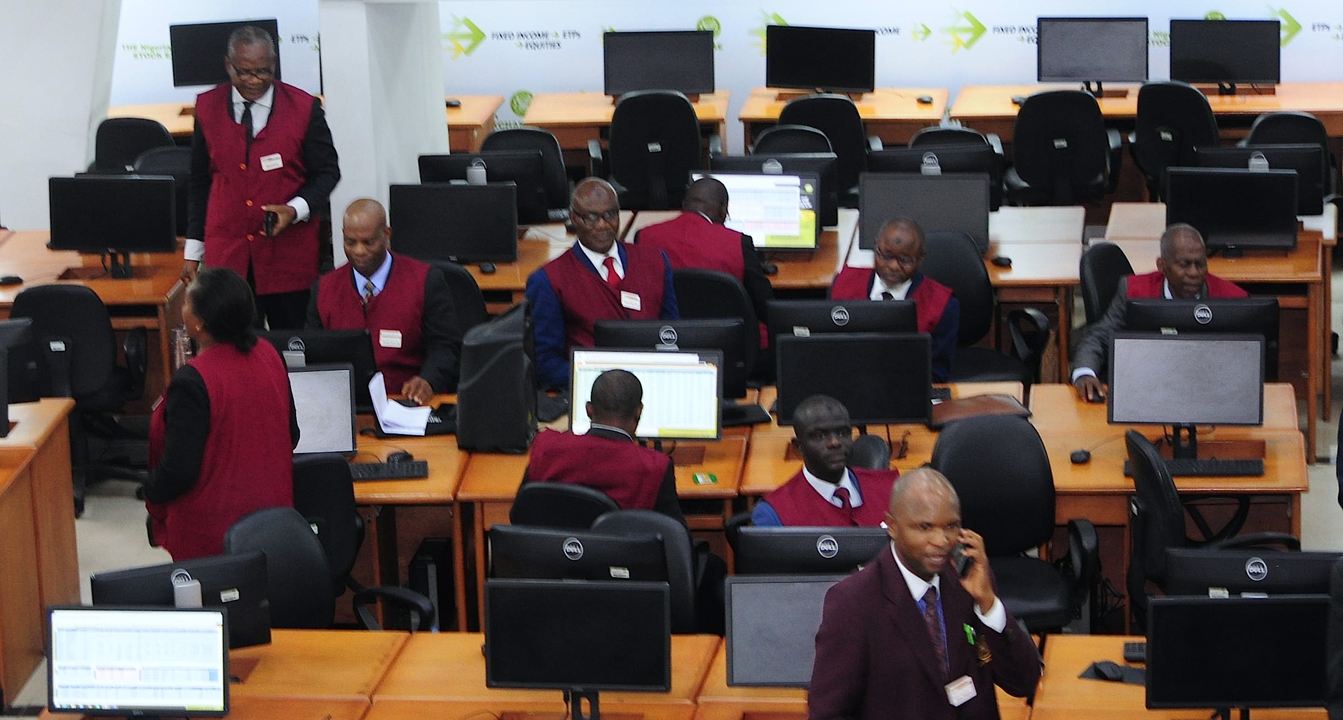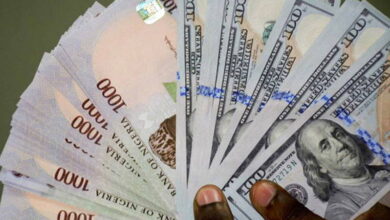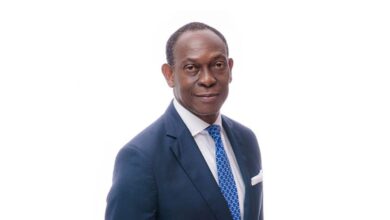Stock index rises 0.25 per cent despite festive breaks

*Analysts predict gloomy outlook, blame rising COVID-19 cases, weak economy
Despite the two days holiday declared by the Federal Government on Monday and Tuesday to commemorate the Eid al-Fitr celebrations, the Nigerian equities market posted another positive performance last week, even as activities seem to be normalising post-COVID-19 lockdown.
Consequently, the Nigerian Stock Exchange (NSE) All-Share Index and market capitalisation both appreciated by 0.25 per cent to close the week at 25,267.82 and N13.168trillion, respectively.
All other indices finished higher with the exception of NSE Meri Value and NSE Oil/Gas Indices, which fell 2.99 per cent, and 0.34 per cent, while NSE ASeM closed flat.
But despite the upbeat, analysts at the weekend predicted gloomy outlook, citing increasing number of COVID-19 cases in Nigeria, in addition to weak economic conditions.
For instance, analysts at Codros Capital, said: “In our opinion, risks remain on the horizon due to a combination of the increasing number of COVID-19 cases in Nigeria and weak economic conditions. Thus, we continue to advise investors to trade cautiously and seek trading opportunities in only fundamentally justified stocks.”
The Chief Research Officer, Investdata Consulting Limited, Ambrose Omordion, said: “We expect the mixed trend to continue on profit-taking, as investors interpret the impact of the MPR cut from 13.5 per cent.
“The MFI is showing improved institutional investors activity in the midst of the oscillating oil prices and rising new cases of coronavirus as number of infected people cross 8000 and deaths above 230.”
He continued: “However, the market’s high dividend yield continues to attract buying interests, while more audited and unaudited corporate earnings will hit the market, going forward, despite the likely continuation of selloffs.
“Investors are buying to increase their positions in undervalued stocks ahead of dividend declaration and Q1 numbers. This is also against the backdrop of the fact that the capital wave in the financial markets may persist in the midst of relatively low-interest rates in the money market, high inflation, and unstable economic outlook for 2020.”
He added: “Also, investors and traders are positioning amidst the changing sentiments in the hope of improved liquidity and positive economic indices that may reverse the current trend.
Culled from t.guardian.ng





